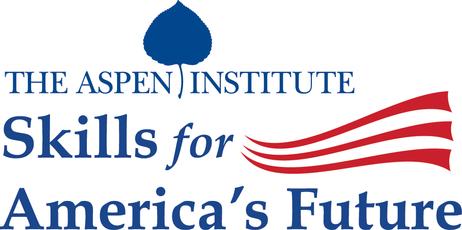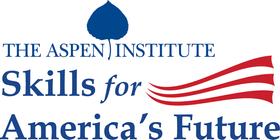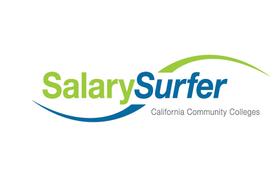During the recent economic slowdown, community colleges saw an exponential rise in enrollment as displaced workers sought out retraining to become employable once again. Unfortunately, many of those community college grads have no more luck finding a job than they had prior to their college experience. To compound the problem, many graduated with a significant amount of debt from tuition and other college-related expenses. President Obama is hoping to reverse that trend, with the launch of Skills for America's Future, a program designed to match potential workers and training with the industries that need them most.
What Is Skills for America's Future?
According to the Aspen Institute website, Skills for America's Future will serve as an umbrella under which businesses, labor unions and community colleges can work together to put workers back to work in this country. This organization will coordinate efforts between these entities to ensure workers are getting the necessary training to fill the employment positions that desperately need workers today.
The initiative was announced by the White House last month and will be housed within the Aspen Institute, a nonprofit research organization that fosters value-based leadership and provides a venue for discussing and acting on critical issues.
Skills for America's Future will primarily focus on identifying the most successful retraining partnerships around the country to use as a model for other colleges. Austan Goolsbee, chairman of the President's Council of Economic Advisors, told the New York
































